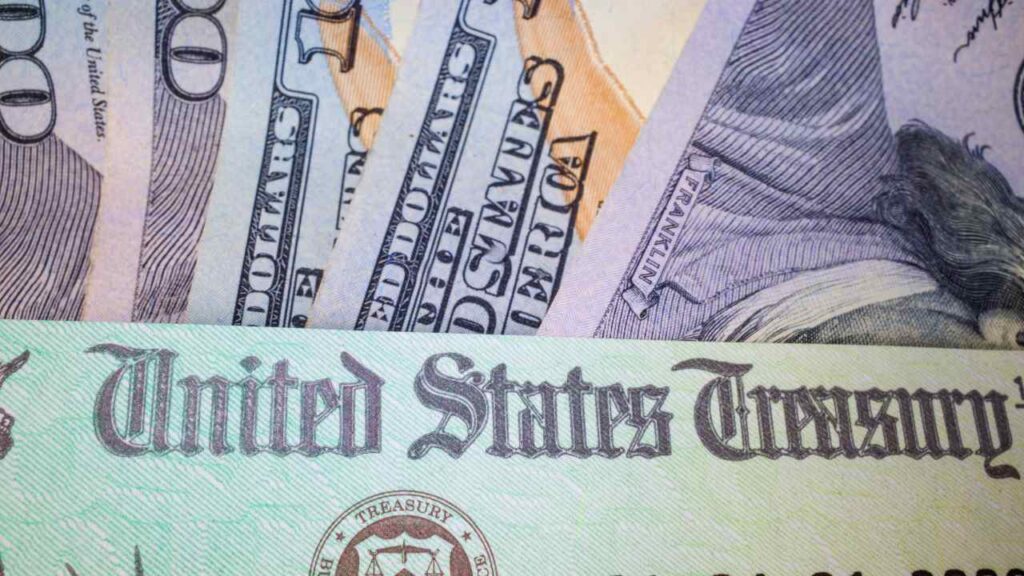Persistent inflation mechanics could unexpectedly boost 2026 tax refunds beyond typical calculations. Automatic cost-of-living expansions stretch tax brackets upward, quietly shifting middle-income earnings into lower-rate territory. The standard deduction’s silent climb compounds this effect.
Meanwhile, refundable credits—notably the Earned Income Tax Credit and Child Tax Credit—ascend alongside inflation indexes. Should Congressional negotiations expand these provisions before 2026, household reimbursements might hit unprecedented thresholds without requiring lifted fingers.
2026 tax shockwave: Why your refund could hit record highs
December 2025’s expiration of pivotal Tax Cuts and Jobs Act provisions introduces dramatic variables. Beyond sensationalized rate hike warnings, the resurrection of pre-2018 deductions deserves attention. That contentious $10,000 cap on state/local tax deductions vanishes overnight if provisions sunset.
For example, a Chicago nurses or Boston technicians deducting $19k instead of $10k—especially impactful when employers withhold taxes using obsolete frameworks. This recalibration alone could trigger substantial repayment surprises. Capitol Hill’s tendency to graft last-minute tax incentives onto must-pass legislation further fuels refund growth potential.
How Washington’s chaos boosts tour IRS tax refund
Thanks to Inflation Reduction Act funding, the IRS is finally getting tech upgrades. Here’s why that matters for you: Their new systems spot paycheck over-withholding lightning-fast. Why’s that happening?
Well, the redesigned W-4 form spooked many employers – they’re playing it too safe by deducting extra taxes from 2025 paychecks ‘just in case.’ The upside? You’ll get refunds quicker instead of waiting while the IRS sits on your cash. Funny how companies being too cautious puts money back in your pocket!”
So, in short, these are the three refunds boosters to have in mind in 2026:
- Inflation adjustments nudging you into lower tax brackets
- Old deductions (like the full SALT break) making a comeback
- The IRS’s smarter systems catching overpayments faster
The history of the last IRS tax refunds’ averages
Over the past five years, the average IRS tax refund has fluctuated due to changes in tax laws, economic conditions, and filing patterns. According to IRS data, the average refund for the 2020 tax year was $2,865, reflecting the impact of pandemic-related relief measures like stimulus payments and expanded tax credits.
In 2021, the average refund peaked at $3,012, driven by enhanced Child Tax Credits and other temporary provisions from COVID-19 relief legislation. By 2022, the average refund rose to $3,252, influenced by continued economic recovery and adjustments in withholdings.
For 2023, the average dipped slightly to $3,167, and for 2024, it settled at $3,138, based on data through December 27, 2024. These variations highlight how policy changes, like the expiration of pandemic-era credits, and individual financial decisions, such as withholding adjustments, shape refund amounts year to year.
For 2025, early data through May 9 shows an average refund of $2,939, a modest 2.4% increase from the $2,869 average at the same point in 2024, though this figure may shift as late filers, particularly those with extensions, submit returns.
